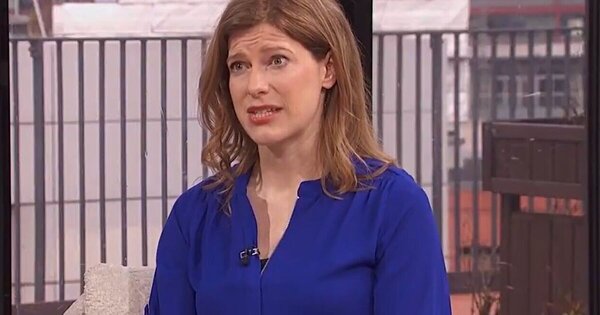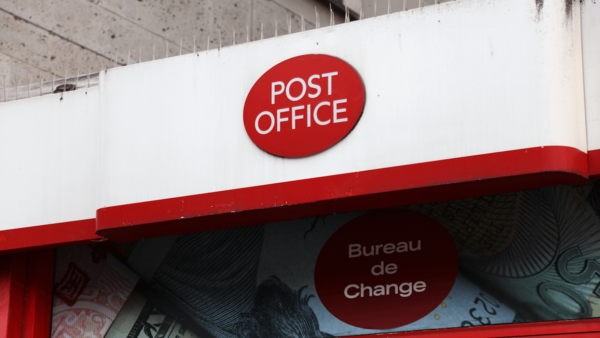HMRC warns millions to act as refund rules change
HMRC is urging taxpayers to check whether they are due a refund, after new rules mean unclaimed money is no longer sent out automatically.
Almost one million people failed to claim refunds in the 2023–24 tax year, according to HMRC estimates. These rebates sometimes worth hundreds or even thousands of pounds will not reach bank accounts unless people submit a claim themselves.
the tax authority said: “Remember getting a letter about a tax refund, but didn’t do anything about it? Last year, almost one million people didn’t claim back the money they’re owed.”
Key change: no more automatic cheques
Until 31 May 2024, HMRC issued automatic cheques if refunds weren’t claimed online. That policy has now ended.
From June 2024 onwards, taxpayers must actively claim their refund online through Gov.uk, the HMRC app, or their personal tax account. You can still request a cheque, but it won’t be sent unless you specifically ask for it—and it may take up to six weeks to arrive. Bank transfers usually take around five working days.
What a P800 letter means
The process starts when HMRC sends out a P800 Tax Calculation. This shows if you’ve overpaid income tax and are due a refund.
- If eligible, you’ll be directed to claim online via Gov.uk.
- If you prefer a cheque, you must request it manually.
Ignoring the letter means you won’t get the money back and after four years, the entitlement expires.
For many people, that letter can be confusing or easy to overlook, especially if it arrives during a busy time of year. HMRC advises keeping an eye on your tax account and not ignoring official post. If you’ve moved house recently, it’s crucial to update your details with HMRC to avoid missing out altogether.
How far back can you claim?
Refunds can be claimed for up to four tax years. That means anyone overpaying as far back as the 2020–21 tax year may still be able to reclaim their money provided they act before April 2025.
For those juggling different types of work say, a PAYE job during the week and self-employed freelancing on the side small errors can add up over time. A refund from several years could be worth a lot more than expected, especially if multiple mistakes have gone unnoticed.

Why tax overpayments happen
Most refunds arise because of:
- Being on the wrong tax code
- Having multiple jobs in one tax year
- Switching from self-employment to PAYE work
- HMRC assigning an emergency tax code (W1, M1, X)
The most common standard code is 1257L, which gives a personal allowance of £12,570 in 2024–25. If you’re on an emergency or incorrect code for too long, you may pay more tax than you owe.
Even something as small as a payroll slip-up when changing employers can result in you overpaying. With job-switching and side hustles more common than ever, it’s no surprise that nearly a million people missed their chance last year.
Warning: watch out for scams
With more refund claims moving online, HMRC has warned of a rise in scams. In the year to January 2024, more than 200,000 reports of tax-related scams were made.
Criminals often send fake texts or emails promising “tax rebates” and linking to fraudulent sites. HMRC stresses it will never:
- Ask for bank or card details by text or email
- Send links to claim a refund outside Gov.uk
- Demand payment in vouchers, gift cards, or cryptocurrency
If in doubt, log into your account directly via Gov.uk or contact HMRC before taking any action.
Delays and backlogs
Even when claims are made correctly, some taxpayers are waiting longer than usual. Reports suggest that HMRC is currently taking over four months to process certain PAYE and Construction Industry Scheme (CIS) refunds.
Even when claims are made correctly, some taxpayers are waiting longer than usual. Reports suggest that HMRC is currently taking over four months to process certain PAYE and Construction Industry Scheme (CIS) refunds.

Final summary
Refunds no longer automatic – taxpayers must act
HMRC is clear: if you don’t claim, you won’t get your money. With policy changes ending automatic cheques, a four-year deadline on claims, and scams on the rise, taxpayers are being urged to check their P800 letters and take action now.










